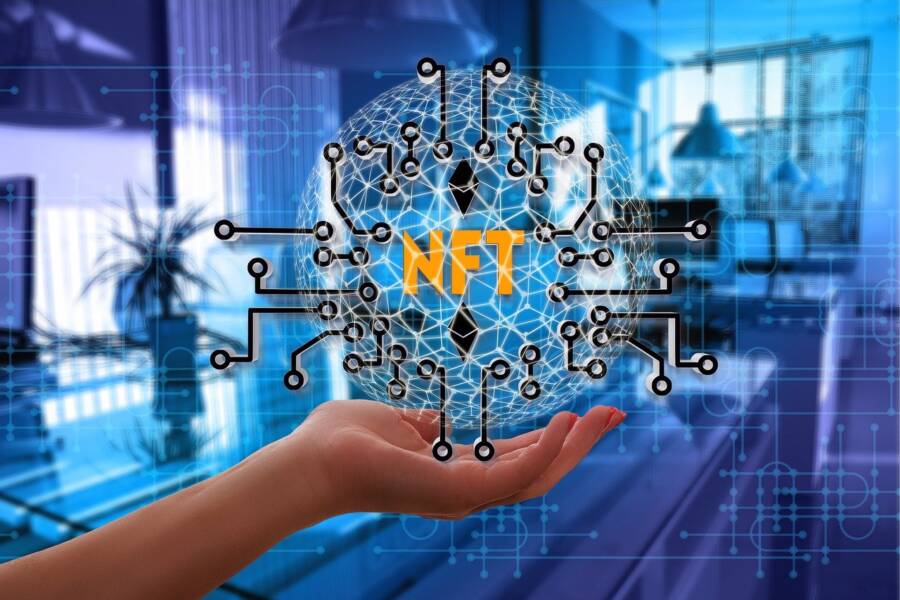Introduction to Tokenization
Tokenization allows for fractional ownership, enabling investors to own a portion of an asset rather than the whole. This opens up investment opportunities to a broader range of individuals who may not have the capital to invest in traditional assets. Additionally, tokenization provides increased liquidity, as tokens can be traded on digital asset exchanges. For those eager to dive deeper into the nuances of tokenization and NFTs, Astral Edge Site provides opportunities to connect with educational experts who specialize in the latest digital asset trends.
Tokenization allows for fractional ownership, enabling investors to own a portion of an asset rather than the whole. This opens up investment opportunities to a broader range of individuals who may not have the capital to invest in traditional assets. Additionally, tokenization provides increased liquidity, as tokens can be traded on digital asset exchanges, potentially reducing the time and cost associated with traditional asset transfers.
Understanding NFTs
Non-Fungible Tokens (NFTs) are a specific type of token that represents ownership of a unique item or piece of content. Unlike fungible tokens such as cryptocurrencies, each NFT has a distinct value and cannot be exchanged on a one-to-one basis. This uniqueness is what sets NFTs apart and gives them their value.
NFTs are typically used to represent digital assets such as art, collectibles, and virtual real estate. They are stored on a blockchain, which provides a secure and transparent way to verify ownership and authenticity. NFTs have gained popularity in recent years, with artists and creators using them to monetize their work and engage with their audiences in new ways.
Tokenization vs. NFTs
While tokenization is a broad concept that encompasses various types of tokens, NFTs are a specific application of tokenization. Tokenization can be used to represent ownership of both fungible and non-fungible assets, with NFTs being a subset of non-fungible tokens.
Tokenization is a foundational technology that enables the creation and transfer of NFTs. Without tokenization, NFTs would not be able to exist in their current form, as they rely on the unique properties of tokens to represent ownership of unique assets.
The Role of Tokenization in NFTs
Tokenization plays a crucial role in the creation and trading of NFTs. It provides a framework for representing ownership of unique assets in a digital format, enabling them to be bought, sold, and traded on digital platforms.
One of the key aspects of tokenization in NFTs is the use of token standards. These standards define how tokens are created, transferred, and managed on a blockchain. The most common token standards for NFTs are ERC-721 and ERC-1155, which are based on the Ethereum blockchain.
Use Cases of NFTs Enabled by Tokenization
NFTs have a wide range of use cases across various industries. In the art world, NFTs are used to represent digital artwork, allowing artists to sell their work directly to collectors without the need for intermediaries.
In the real estate industry, NFTs are used to represent ownership of properties, enabling fractional ownership and easier transfer of ownership. NFTs are also used in the entertainment industry to create unique digital experiences, such as virtual concerts and events.
Challenges and Opportunities
While NFTs and tokenization offer many benefits, there are also challenges that need to be addressed. One of the main challenges is the scalability of blockchain networks, which can be a limiting factor in the widespread adoption of NFTs. Additionally, there are concerns about the environmental impact of blockchain networks, which consume a large amount of energy.
Despite these challenges, NFTs and tokenization present numerous opportunities for innovation and growth. They have the potential to democratize access to assets and create new ways for artists, creators, and investors to interact with the digital economy.
Conclusion
In conclusion, tokenization is a foundational technology that enables the creation and trading of NFTs. NFTs are a specific application of tokenization that represent ownership of unique assets. Together, tokenization and NFTs are revolutionizing the way assets are managed and traded, opening up new opportunities for innovation and growth in the digital economy.
TechnologyHQ is a platform about business insights, tech, 4IR, digital transformation, AI, Blockchain, Cybersecurity, and social media for businesses.
We manage social media groups with more than 200,000 members with almost 100% engagement.









































